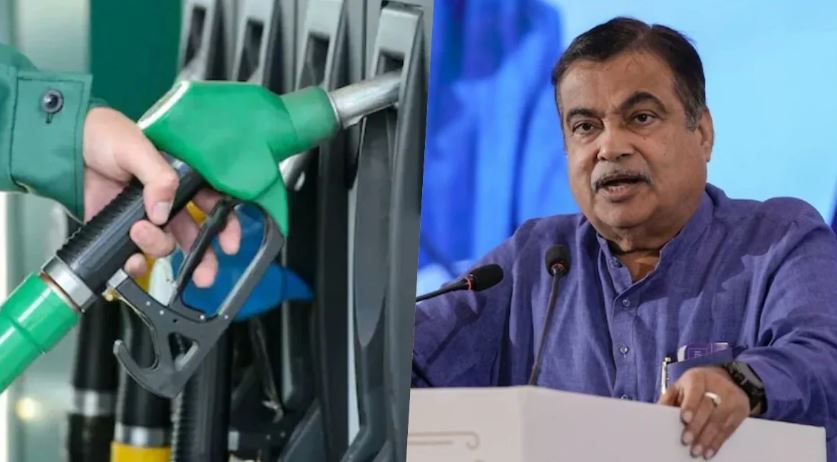
Ethanol and Flex Fuel Uses in Cars: Union Minister Nitin Gadkari has long been advocating for car companies to develop engines that are compatible with flex fuel. This would allow the percentage of ethanol in conventional fuels to be increased, leading to a reduction in petrol and diesel prices, ultimately benefiting consumers.
Nitin Gadkari, the Union Minister for Road Transport and Highways, has once again reiterated his commitment to promoting ethanol and flex fuel. He has, on multiple occasions, appealed to car companies from various platforms to manufacture engines that are flex-fuel compatible. The advantage of this, he says, is that blending ethanol with diesel and petrol can reduce their prices and also effectively lower pollution levels.
On Tuesday, Nitin Gadkari asked representatives from the automobile industry group, Society of Indian Automobile Manufacturers (SIAM), to explore ways to make ethanol and flex fuel more acceptable to the public. The Ministry of Road Transport and Highways shared this information on the social media platform X.
The ministry informed that Nitin Gadkari chaired a review meeting with SIAM representatives at Transport Bhawan to discuss the automobile industry’s preparedness for ethanol and flex fuel. The meeting reviewed how well the industry is gearing up to introduce ethanol-powered vehicles in the coming months.
The Ministry of Road Transport and Highways said that Nitin Gadkari referred to the successful integration of flex fuel and biofuel in Brazil and urged SIAM members to consider ways to make these fuels more widely accepted among the public. It is worth noting that flex-fuel vehicles use a mixture of petrol and either methanol or ethanol, along with regular petrol. Ethanol, a type of alcohol, is produced from crops like sugarcane, corn, and other sugar-rich crops. If ethanol is increasingly blended with petrol and diesel in the future, fuel prices could drop significantly.







